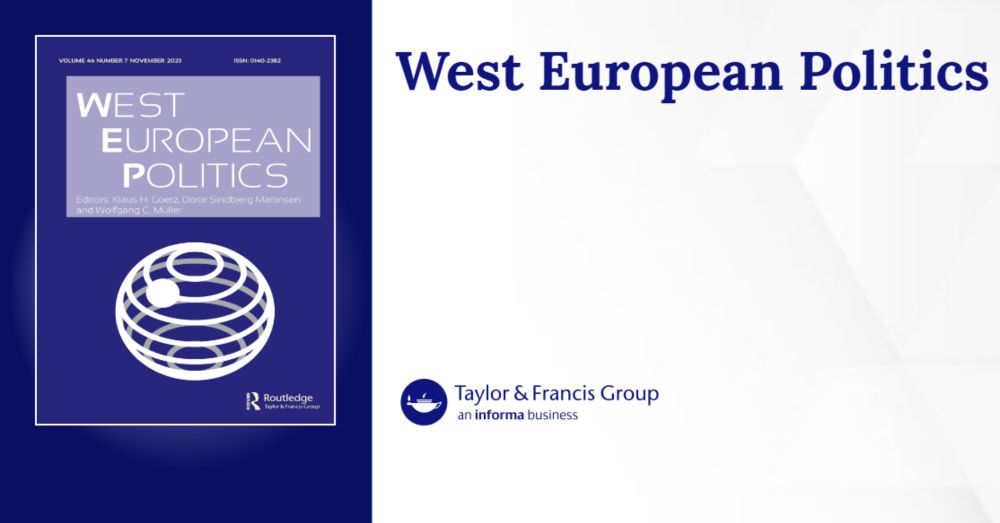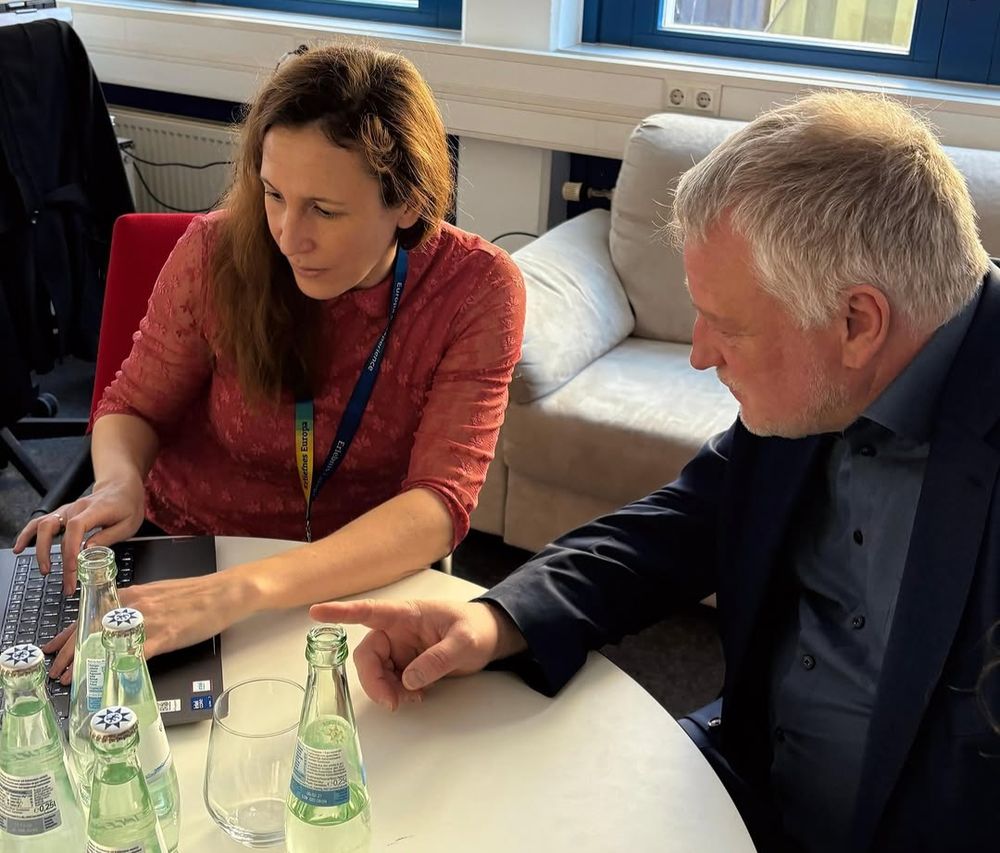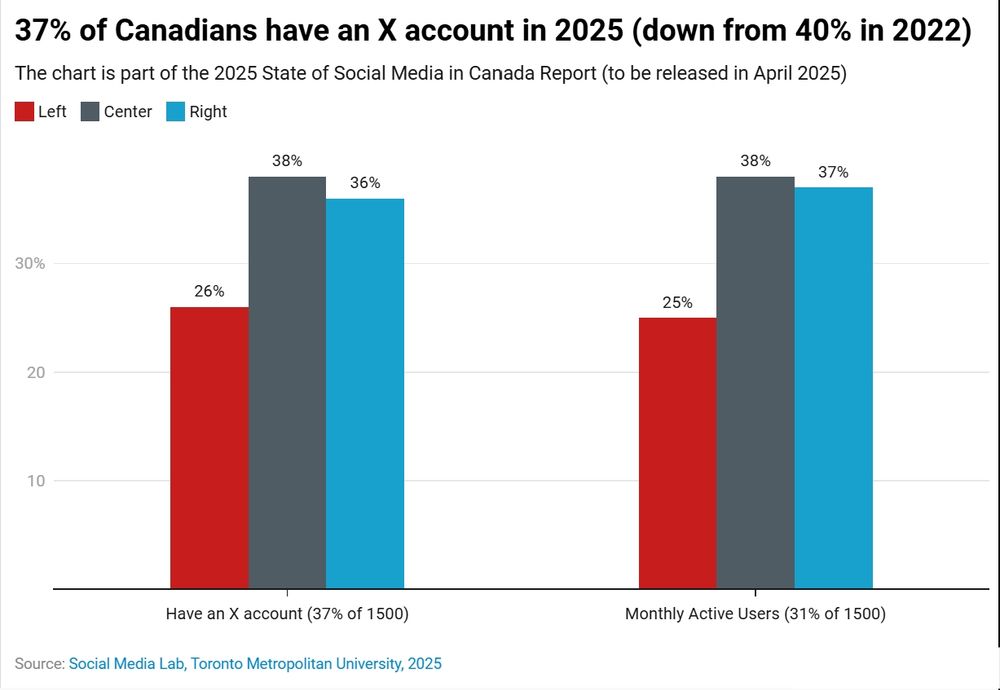Observatory of Online Politics
@o3pol.bsky.social
32 followers
120 following
12 posts
politics.i2sc.net
Posts
Media
Videos
Starter Packs
Reposted by Observatory of Online Politics
Alex Hartland
@alexhartland.bsky.social
· May 26

The role of key European issues in the 2024 election campaign
International crises and Euroscepticism have made European issues prominent in citizens’ lives. This article studies the role of three key European issues – migration, the environment, and EU integ...
www.tandfonline.com
Reposted by Observatory of Online Politics
Reposted by Observatory of Online Politics
Reposted by Observatory of Online Politics
Reposted by Observatory of Online Politics
Giuseppe Carteny
@giucarny.bsky.social
· Mar 12











